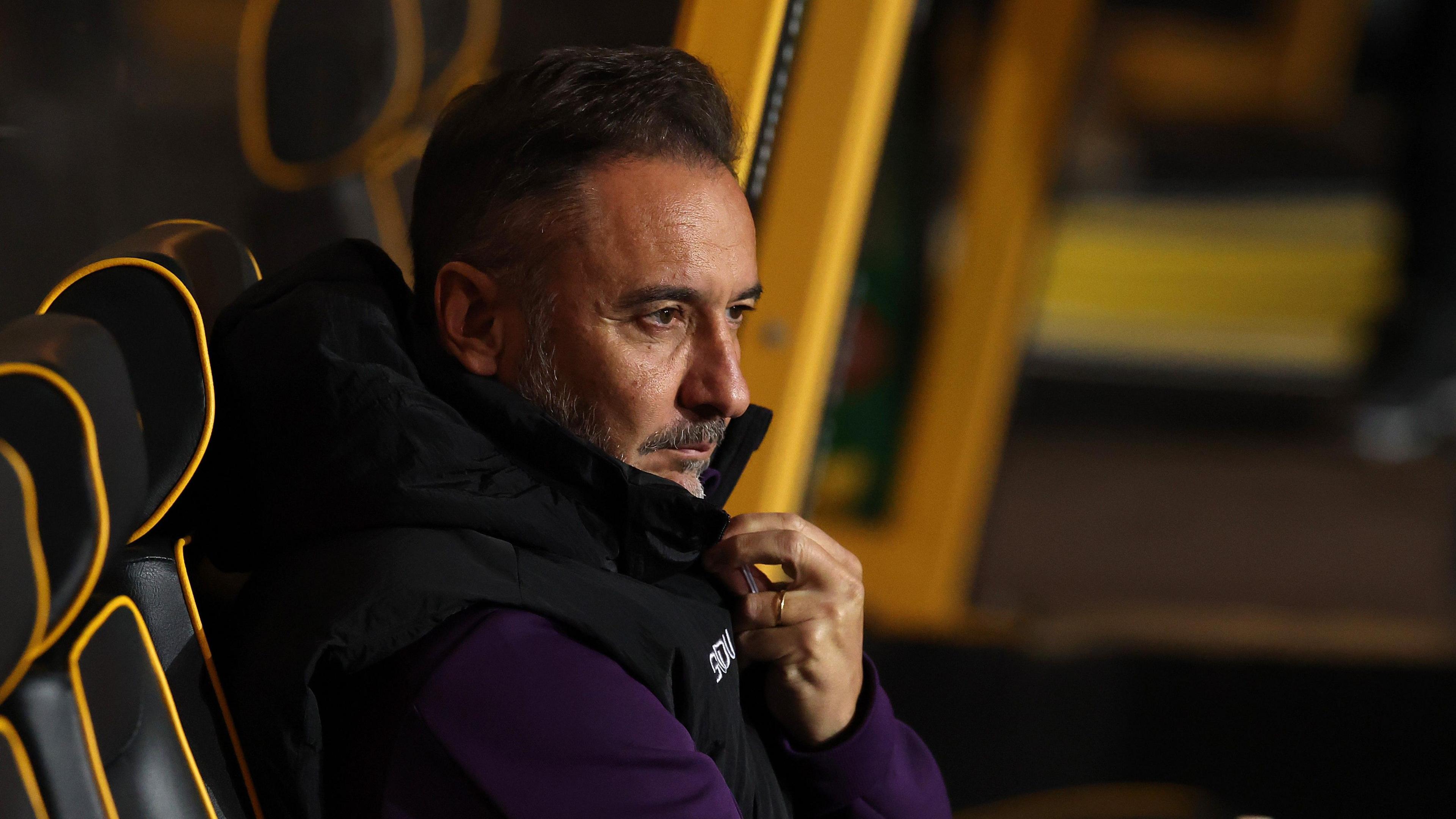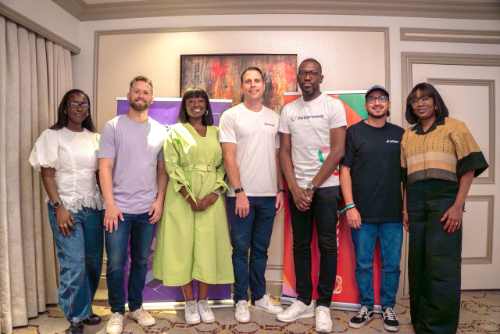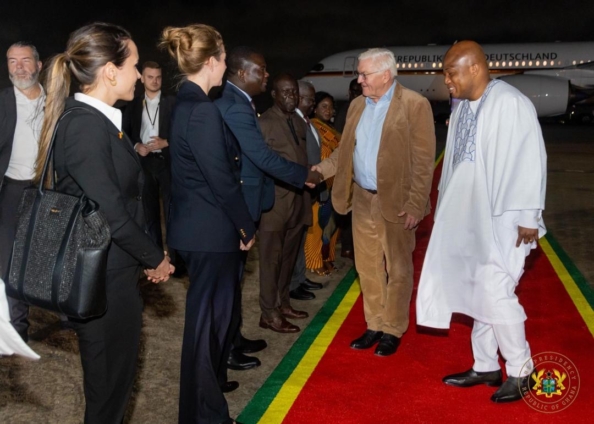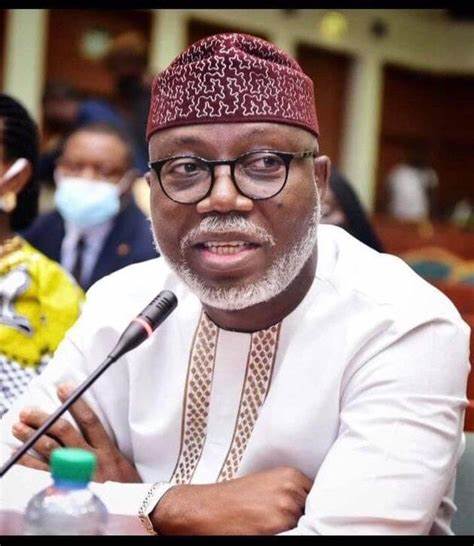Trump's Explosive Threats: US Readies for Action in Nigeria Over Christian Genocide Claims
_1762082517.jpg)
The United States has recently escalated diplomatic pressure on Nigeria, with former President Donald Trump redesignating the West African nation as a “Country of Particular Concern” (CPC) due to alleged “Christian genocide” and “mass slaughter” by radical Islamist groups. This move has been accompanied by stern warnings of potential military intervention and an immediate halt to all U.S. aid if Nigeria fails to protect its Christian population.
U.S. Representative Riley Moore explicitly urged Nigerian President Bola Tinubu to take immediate action, echoing Trump’s threat of military intervention and stating that “The days of the US looking the other way are over.” Pete Hegseth, identified as the United States Secretary of War, confirmed that his department was preparing for possible military action, stating, “Either the Nigerian government protects Christians, or we will kill the Islamic terrorists who are committing these horrible atrocities.” Trump himself had previously warned, “If the Nigerian government continues to allow the killing of Christians, the USA will immediately stop all aid and assistance to Nigeria, and may very well go into that now disgraced country, ‘guns-a-blazing’, to completely wipe out the Islamic terrorists who are committing these horrible atrocities.” Senator Ted Cruz further supported this stance by vowing to advance legislation, the “Nigeria Religious Freedom Accountability Act of 2025,” aimed at sanctioning Nigerian officials enforcing Sharia and blasphemy laws and locking in the CPC designation.
In response, President Bola Tinubu unequivocally rejected Trump’s allegations and the CPC designation. He affirmed that Nigeria is a democracy upholding constitutional guarantees of religious freedom for all citizens. Tinubu emphasized his administration’s active engagement with both Christian and Muslim leaders and its commitment to addressing security challenges that affect all faiths and regions without prejudice. Bayo Onanuga, Special Adviser on Information and Strategy to President Tinubu, dismissed claims of thousands of Christians being slaughtered as “gross exaggeration,” clarifying that sporadic attacks by bandits and terrorists affect both Christians and Muslims indiscriminately. Onanuga highlighted that President Tinubu had already taken proactive measures, including significant changes in military leadership and issuing clear directives to service chiefs to be innovative and preemptive against emerging security threats across the nation, indicating that Nigeria was “well ahead of the orchestrated game unfolding in America.” Daniel Bwala, Special Adviser on Policy Communication, announced an upcoming meeting between Presidents Tinubu and Trump to address the contentious claims, noting their shared commitment to counter-insurgency efforts and Trump’s past support through arms sales to Nigeria.
The U.S. threats have sparked widespread debate and criticism within Nigeria. Constitutional lawyer Chief Okoi Obono-Obla accused the U.S. government of hypocrisy and “dubious diplomacy backed by arrogant militarism,” questioning why the U.S. would interfere in Nigeria’s internal affairs while experiencing its own gun violence in churches. He warned against any violation of Nigeria’s sovereignty, citing a history of U.S. destabilization efforts in other nations. Barrister Leonard Anyogo urged the Nigerian government to adopt a diplomatic, cooperative approach rather than a confrontational one. Senator Ali Ndume called for engaging seasoned Nigerian diplomats to present accurate data demonstrating that terrorist attacks impact both Muslims and Christians equally, while also criticizing the Nigerian government and Senate for initial complacency.
Prominent figures like Omoyele Sowore, an activist and former presidential candidate, condemned Trump’s threat, warning that U.S. military interventions in countries like Afghanistan, Iraq, Libya, and Syria historically lead to greater instability. Sowore asserted that Trump’s concern was politically motivated rather than genuine compassion for Nigerians, arguing that Nigeria’s problems require internal, accountable leadership, not foreign saviors. Femi Fani-Kayode, a former Minister of Aviation, vehemently denounced Trump as a “sociopathic megalomaniac” and “fascist,” accusing the U.S. and its allies of seeking to destabilize Nigeria, divide it along religious lines, and exploit its vast mineral resources and oil reserves through a proxy war for regime change. He urged Nigerians to unite and resist any attempts to compromise their sovereignty, ironically contrasting his current stance with past tweets where he himself had warned of Christian persecution.
Kingsley Moghalu, a former deputy governor of the Central Bank of Nigeria, stressed that the “Christian genocide” narrative oversimplifies the country’s complex security challenges. He clarified that extremist groups like Boko Haram also target Muslims who do not adhere to their ideologies. While acknowledging that violence in the Middle Belt often affects predominantly Christian communities, Moghalu emphasized that the broader conflict transcends mere resource disputes and highlights the government’s responsibility to protect all citizens. Minister of Information, Mohammed Idris, further clarified that criminals target both Christians and Muslims, asserting that U.S. claims are often based on faulty data and risk inflaming religious tensions.
Conspiracy theories and alternative motives for the U.S. stance have also circulated widely. Some Nigerians believe the threats are linked to Nigeria’s support for a two-state solution in the Israel-Palestine conflict. Others suggest that the operationalization of the Dangote Refinery, which has significantly reduced Nigeria’s reliance on imported fuel and begun exporting to the U.S., has created economic pressure. Another prevalent theory posits that the U.S. interest is driven by Nigeria’s rich mineral resources, particularly gold and lithium in the North, with critics suggesting that any
You may also like...
Wolves Coaching Chaos: Pereira Fired, High-Stakes Search for Replacement Begins!

Wolverhampton Wanderers have sacked manager Vitor Pereira after a dismal start to the Premier League season, leaving the...
Netflix's Next Sensation: Forgotten HBO Series with 97% RT Score Set to Explode!

The critically acclaimed series Minx is making its highly anticipated move to Netflix on November 4, marking its third s...
Hollywood Crisis: October Box Office Hits Devastating 30-Year Low!

October proved to be a historically challenging month for the box office, recording its worst collective haul since 1997...
Cardi B's Sideline Surprise: Rapper Cheers On Boyfriend Stefon Diggs at Patriots-Falcons Game

Cardi B made a high-profile appearance at Gillette Stadium, cheering on the New England Patriots while seated next to Ro...
Taylor Swift Reigns Supreme: 'The Life of a Showgirl' Dominates Billboard 200 for a Month

Taylor Swift's "The Life of a Showgirl" secures its fourth week at No. 1 on the Billboard 200, extending her record amon...
Fintech Powerhouse Flutterwave Unites with Polygon to Ignite Stablecoin Payment Revolution

Flutterwave has partnered with Polygon Labs to launch a stablecoin-powered cross-border payment network across 34 Africa...
Cambridgeshire Train Terror: Hero Staffer Fights for Life After Tackling Attacker

A mass stabbing on an LNER train between Peterborough and Huntingdon resulted in 11 hospitalizations, with a heroic rail...
Ghana Welcomes German President for Landmark State Visit

German President Frank-Walter Steinmeier embarked on a three-day state visit to Ghana, engaging in high-level discussion...

&format=jpeg)


